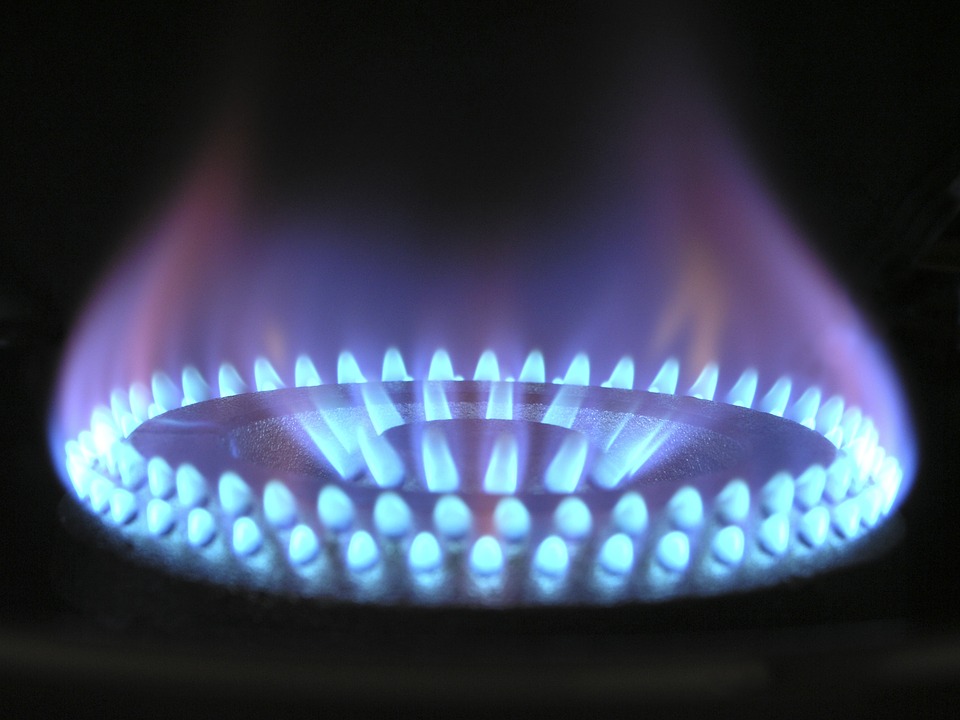‘Devastating’ levels of fuel poverty in rural Scotland uncovered by new research

The impact of far higher levels of fuel poverty on the physical and mental health of people living in rural areas of Scotland is outlined in research published by Changeworks.
Comparing three regions – Caithness and Sutherland, Highlands and Islands and remote rural areas – the analysis shows not only that fuel poverty affects proportionately more households in these areas compared to the rest of Scotland, but that the depth of fuel poverty is worse.
Interviewed for the report, people with lived experience of fuel poverty and frontline advisors told researchers that the far higher levels of fuel poverty have clear impacts on individuals, often resulting in poorer health and social isolation.
Commissioned by the Rural & Islands Housing Associations Forum (RIHAF), the Highlands & Islands Housing Associations Affordable Warmth group (HIHAAW) and Highlands and Islands Enterprise (HIE), the report sets out the drivers, impacts and extent of fuel poverty in rural Scotland.
The report also outlines clear solutions that the Scottish and UK Governments and Ofgem can take to alleviate the issue. This includes improving the identification of those with enhanced heating needs, broadening the eligibility of existing support, delivering more support on the ground through community anchor organisations and wider reforms of the energy market.
Di Alexander, HIHAAW, chair, said: “This forensically considered report should be required reading for Ofgem and both Governments, each of whom shares direct responsibility for allowing the curse of fuel poverty to reach by far its highest recorded UK levels in rural and remote Scotland, especially in predominantly off-gas areas like the Highlands & Islands (H&I).”
Bryan Leask, RIHAF Secretary, added: “The drivers of fuel poverty have been known for some time, but evidencing those drivers, understanding their impact on remote, rural and island communities, and identifying possible solutions were the key reasons for the Rural and Islands Housing Association Forum (RIHAF) commissioning this research. The analysis confirms that fuel poverty affects proportionately more households in these areas compared to the rest of Scotland, and that the depth of fuel poverty is significantly worse.
“The report outlines the barriers to alleviating fuel poverty and confirms that gaps in current policy mean that the realities faced in remote and rural Scotland are not sufficiently recognised. We look forward to working with the other commissioning partners, as well as other stakeholders, to ensure the solutions identified in the report are actioned and the targets set in the Scottish Government’s Fuel Poverty (Target, Definition and Strategy) (Scotland) Bill and Fuel Poverty Strategy are achieved.”
Eann Sinclair, HIE area manager Caithness and Sutherland, commented: “HIE’s Caithness and Sutherland area team was pleased to support work on such an important topic. The report highlights how a lack of data in affected areas like Caithness & Sutherland could obscure the breadth and depth of the issues around fuel poverty. We look forward to working with Community Planning partners to see how these and other findings might be addressed.”
Sally Thomas, SFHA chief executive, said: “Housing Associations and co-operatives are working tirelessly to support tenants during the cost-of-living crisis, and a key area of that work is helping them with soaring energy bills. We know that levels of fuel poverty are significantly worse in rural areas, and this new research provides a better understanding of the impact and what needs to be done.
“Now that we have this much needed insight, we’ll work with our partners to push for action from Scottish Government and UK Government level to provide further financial support, decouple the link between gas and electricity prices and to treat all UK households fairly, taking into account those who live in off-gas areas.”
Josiah Lockhart, Changeworks CEO, said: “This report highlights an unjust reality; rural Scotland experiences higher levels of fuel poverty than the rest of the country. Even though people in rural areas are on average often using less energy than the rest of the UK, bills in rural Scotland tend to be higher.
“These findings bring to light not only the scale of the issue, but also show that any proposed solutions need to be more specific to the unique challenges faced. We need to listen to people in these communities who’ve been given a platform in this research, and deliver resources that are both proportionate and relevant in order to alleviate fuel poverty.”








